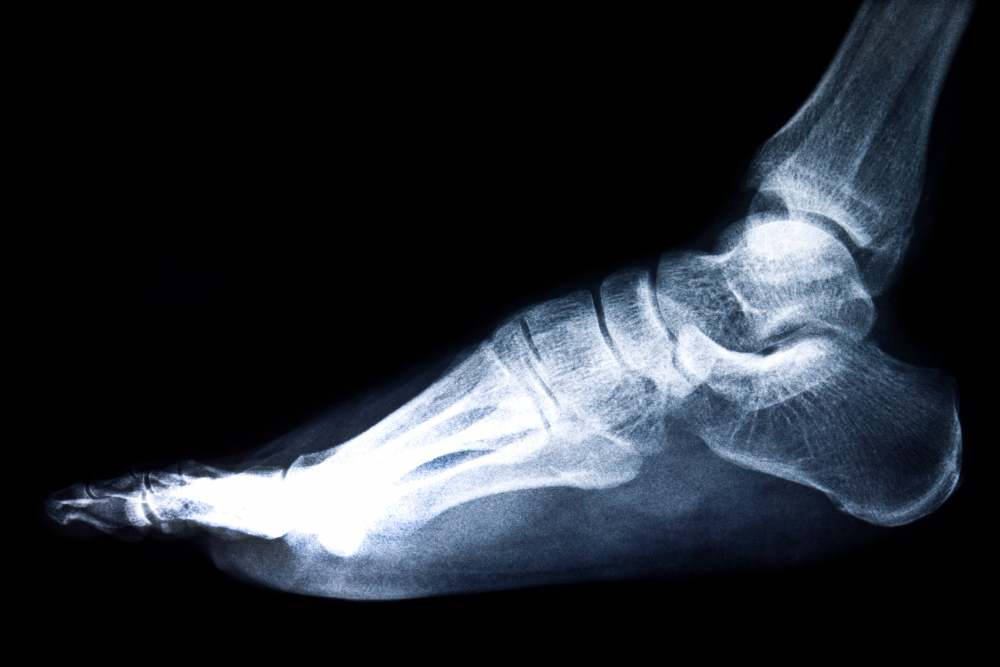Joint Replacement
What Is Joint Replacement Surgery ?
Joint replacement surgery is removing a damaged joint and putting in a new one. A joint is where two or more bones come together, like the knee, hip, and shoulder. The surgery is usually done by a doctor called an orthopedic (or-tho-PEE-dik) surgeon. Sometimes, the surgeon will not remove the whole joint, but will only replace or fix the damaged parts.
The doctor may suggest a joint replacement to improve how you live. Replacing a joint can relieve pain and help you move and feel better. Hips and knees are replaced most often. Other joints that can be replaced include the shoulders, fingers, ankles, and elbows.

DO MANY PEOPLE HAVE JOINTS REPLACED ?
Joint replacement is becoming more common. More than 1 million Americans have a hip or knee replaced each year. Research has shown that even if you are older, joint replacement can help you move around and feel better.
Any surgery has risks. Risks of joint surgery will depend on your health before surgery, how severe your arthritis is, and the type of surgery done. Many hospitals and doctors have been replacing joints for several decades, and this experience results in better patient outcomes. For answers to their questions, some people talk with their doctor or someone who has had the surgery. A doctor specializing in joints will probably work with you before, during, and after surgery to make sure you heal quickly and recover successfully.
WHAT RESEARCH IS BEING DONE ?
Studies of the various forms of arthritis, the most common reason for joint replacement surgery, are helping doctors better understand these diseases and develop treatments to stop or slow their progression and damage to joints.Scientists are studying replacement joints to find out which are best to improve movement and flexibility. They are also looking at new joint materials and other ways to improve surgery. For example, researchers are looking for ways to reduce the body’s inflammatory response to the artificial joint components, and are trying to learn why some types of prostheses are more successful than others. Other scientists are also trying to find out why some people who need surgery don’t choose it. They want to know what things make a difference in choosing treatment, in recovery, and in well-being.
Clinical Services
Facilities
24 Hours Services



